Announcement: Boosting sanitation progress and initiation of CLTS Rapid Appraisal Protocol (CRAP) in Eritrea by CLTS Foundation in partnership with UNICEF, ESARO
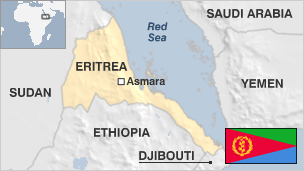 The CLTS Foundation team in partnership with UNICEF Eastern and Southern Africa Regional Office ( ESARO) has been invited by the Government of Eritrea to conduct a refresher training, ODF protocol development and also to implement a diagnostic tool called CLTS Rapid Appraisal Protocol (CRAP) from 13 Feb to 17 Feb 2017 in Eritrea to review the status and quality of CLTS.
The CLTS Foundation team in partnership with UNICEF Eastern and Southern Africa Regional Office ( ESARO) has been invited by the Government of Eritrea to conduct a refresher training, ODF protocol development and also to implement a diagnostic tool called CLTS Rapid Appraisal Protocol (CRAP) from 13 Feb to 17 Feb 2017 in Eritrea to review the status and quality of CLTS.
CRAP will provide a quick assessment of the health of the CLTS programme delivered at large scale in the country. The quality of implementation of CLTS on the ground varies immensely from country to country in the region. CRAP involves a series of participatory exercises involving stakeholders at the national, regional and district levels to analyze and reflect on their country’s sanitation program. The tool is designed to identify the strengths and gaps existing in the current implementation process and made the necessary rectifications to improve the programme.
Community-Led Total Sanitation (CLTS) was adopted by the Government of Eritrea in its national policy in late 2007. Prior to the introduction of the community led approach, the focus of sanitation interventions carried out in the country focused on producing “high end” toilets with a subsidy that included five bags of cement, iron bars for reinforcement, vent pipes and re-useable moulds for the floor slab. As funds were limited and families were waiting for subsidies, very few toilets were built and the usage of the constructed latrines was very less.
The adoption of the CLTS approach created a shift in hygiene and sanitation promotion. Consequently, a considerable amount of capacity building through training was done for all stakeholders at various levels. Regional advocacy workshops on CLTS were carried out in six regions between July 2008 and February 2009. These were attended by more than 400 participants (including regional governors, sub-regional administrators, higher government officials, religious leaders, regional assembly members and implementers of sanitation programmes). In early 2009, the Ministry of Health, through their Environmental Health Unit, was ready to scale up CLTS and launched a nationwide sanitation programme with the assistance of UNICEF in 46 villages.
Kamal Kar, the Chairman of CLTS Foundation visited Eritrea in June 2009 during which he carried out a review of the programme as well as advocacy to strengthen CLTS in the country. During his mission, a week-long national “hands-on” CLTS ToT training for 46 participants (Public Health Technicians, Sanitarians, community Integrated Management of Child Illnesses (IMCI) focal persons and nurses) from all over the country was conducted. As of May 2014, 869 villages out of 2,644 have been triggered in the six regions of the country with 489 villages (18 % of the rural villages) already declared Open Defecation Free. Since 2007 when the CLTS approach was introduced in Eritrea, 146,700 households (or an estimated 733,000 people, 31 % of the rural population) have stopped open defecation in all the six regions of the country. The National Rural Sanitation Policy and Strategy Direction was launched in October 2009 and this policy fully supports the CLTS approach.
It is hoped that the refresher training, ODF Protocol and the administration of the CRAP tool by the sanitation teams in Eritrea will pave the way forward to enhance implementation and scale up the programme towards national ODF status.

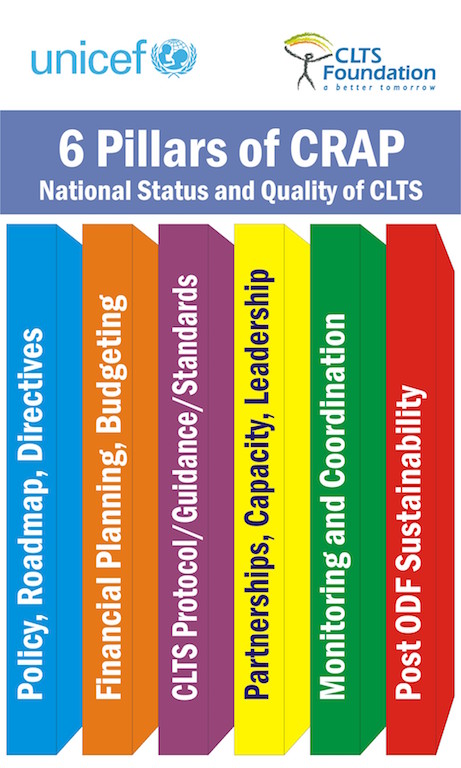

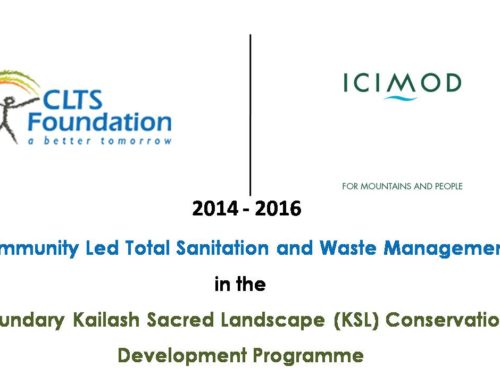
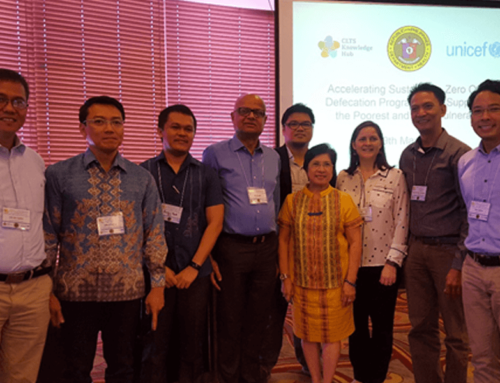
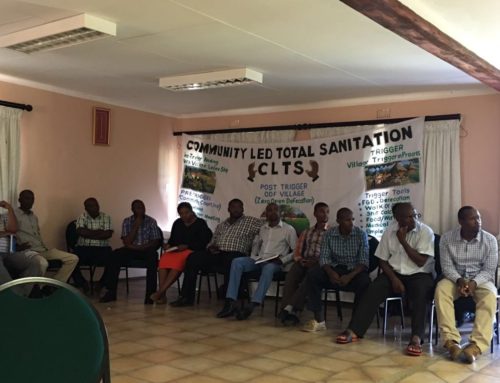
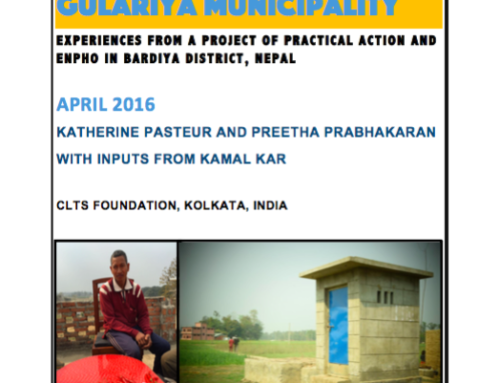
Leave A Comment